Until Biya himself speaks—or appears—the question remains open: is Cameroon witnessing the managed continuation of a long-standing presidency, or the quiet transition to something new?
By The Independentist editorial desk
For several months, Cameroon’s President Paul Biya has not appeared in public, fueling speculation about his health and political future. The uncertainty deepened when his candidacy for the October 2025 presidential election was submitted not by the President himself, but by proxies acting on his behalf.
This absence has given rise to a wave of rumors. A YouTube channel, Info du Monde, with an audience of nearly 80,000 followers, recently claimed that the 92-year-old leader had died. However, no independent or credible source has verified this. In the absence of official communication, speculation has intensified.
Diplomatic developments add to the intrigue. France, Cameroon’s longstanding ally, recently appointed a retired military general as its ambassador in Yaoundé. Analysts suggest this unusual choice may reflect Paris’s expectation of political turbulence in the country.
Meanwhile, pro-government media and newly created online outlets have attempted to project an image of continuity, running stories of young Cameroonians pledging to vote for Biya. Yet, tellingly, there has been no direct message or appearance from the incumbent himself. Observers caution that, should Biya reappear, it may be as part of a carefully staged effort to generate momentum for his campaign and reinforce the image of stability.
If successful in October, Biya would secure another seven-year term, extending his presidency to 49 years, one of the longest in the world. Counting his earlier positions in government since 1962, his tenure in power would stretch to nearly seven decades. While supporters portray him as a guarantor of continuity, critics argue that his record—marked by authoritarian rule, economic stagnation, and periodic unrest—undermines the claim that he remains a unifying leader.
A Broader Regional Dimension
The uncertainty around Biya’s status highlights a broader pattern in Central Africa, where aging leaders often govern far beyond the limits seen elsewhere, sometimes leaving succession unclear. For Cameroon, the stakes are particularly high: its economy, its regional security commitments, and its unresolved conflict with separatists in the Anglophone regions all demand clarity at the top.
Until Biya himself speaks—or appears—the question remains open: is Cameroon witnessing the managed continuation of a long-standing presidency, or the quiet transition to something new?
The Independentist editorial desk













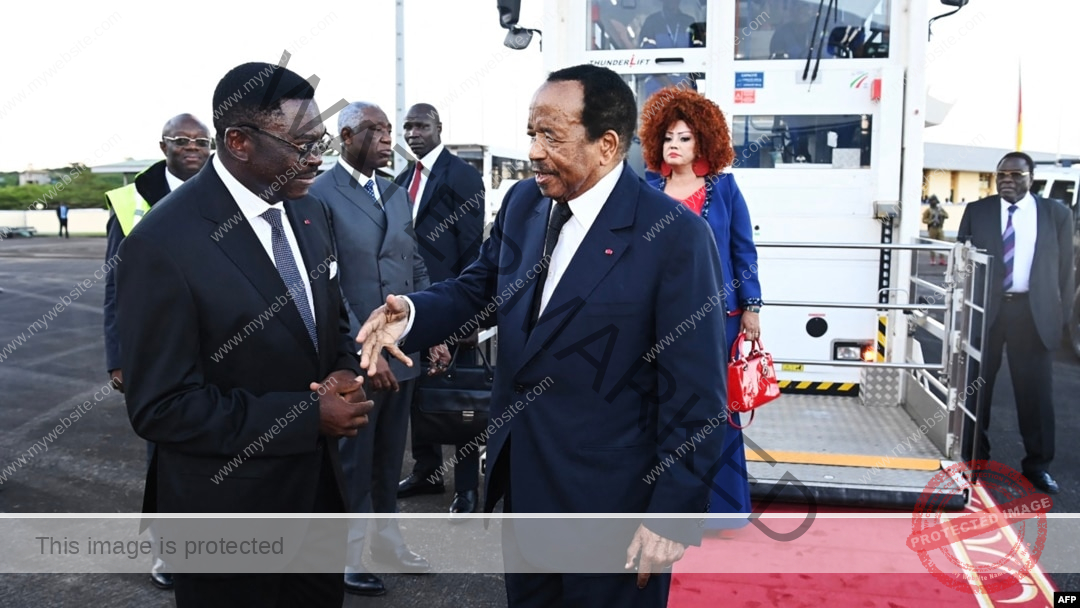
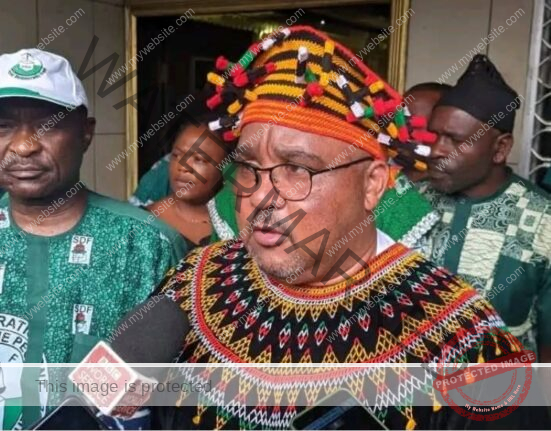
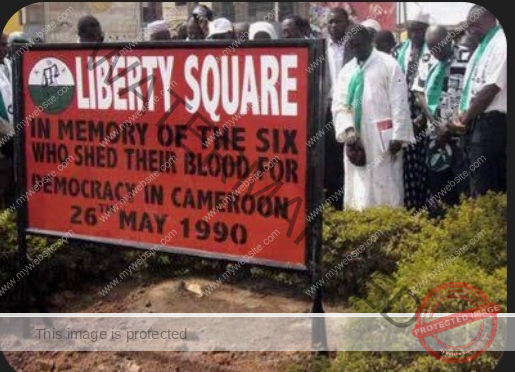


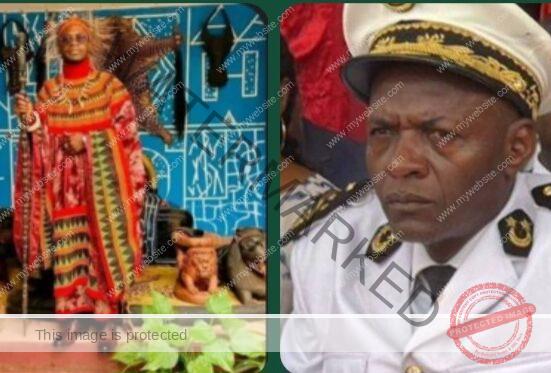
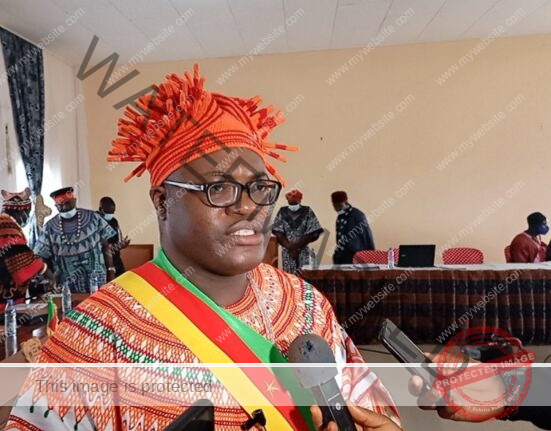

Leave feedback about this